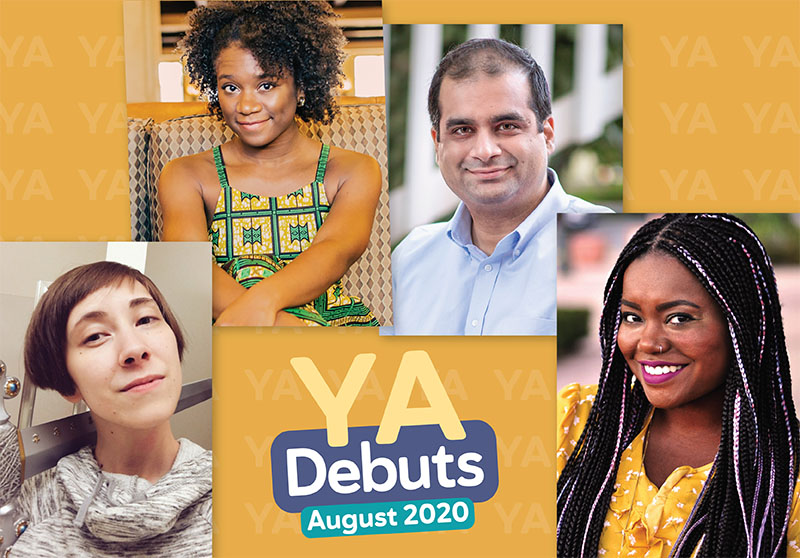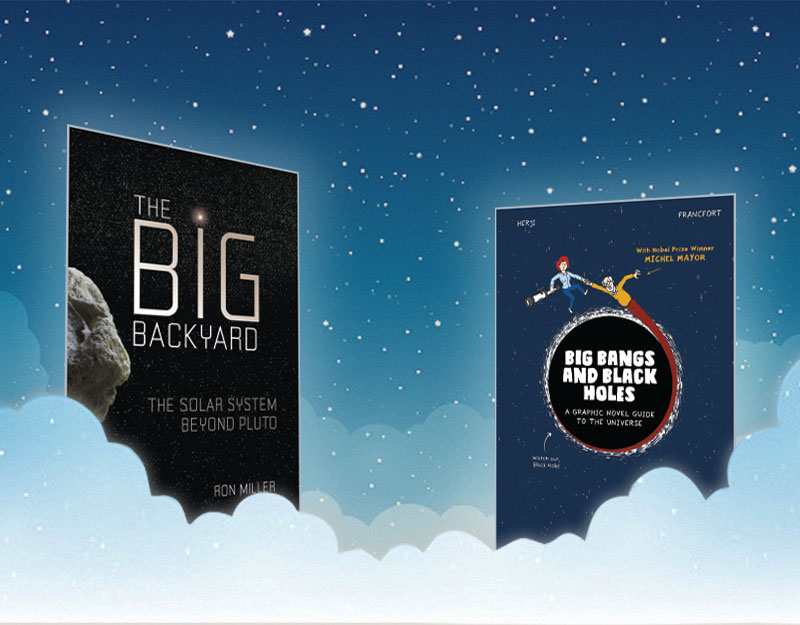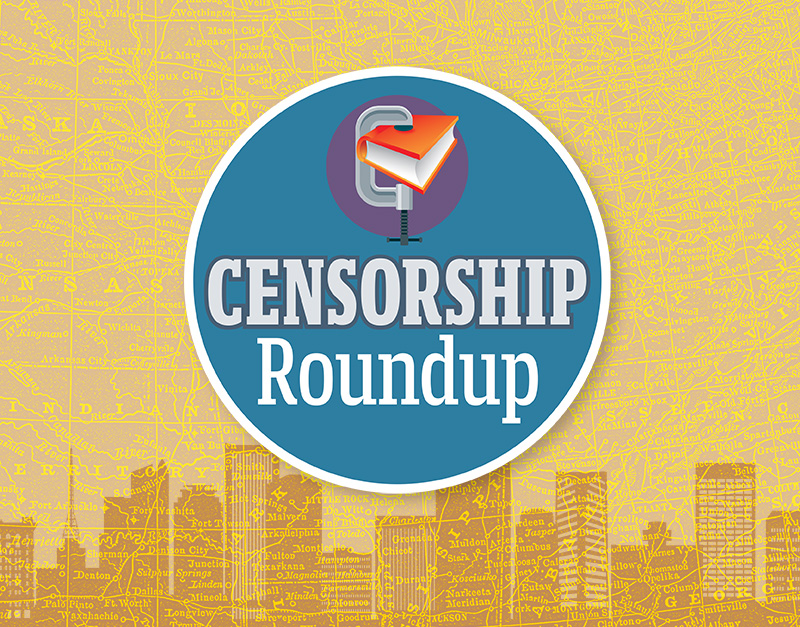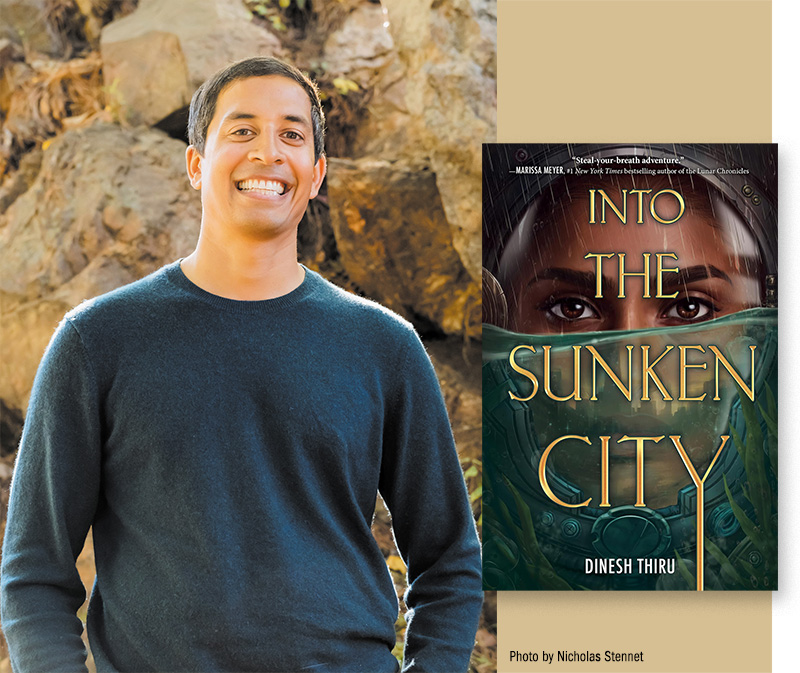YA Challenges in a Middle School Library, a guest post by Amanda Hunt (@thenextgenlibrarian)
Middle school is the toughest age to build a collection for readers as a school librarian. Yes, I said it.
Our readers are vast in age range from eleven-years-old fresh from elementary school to fourteen-year-olds ready for high school and more mature. As middle school librarians we play a crucial role in fostering a love for reading and promoting literacy among all our students, regardless of reading age, type, maturity and accessibility. One of our primary responsibilities is selecting and acquiring young adult books that cater to the diverse interests and developmental stages of our wide range of audience. This task is not without its challenges. Middle school librarians encounter many obstacles when purchasing young adult books, ensuring age-appropriate content is in our schools for all ranges of maturity to access. Young Adult is currently listed as a book targeted towards twelve and eighteen year-old readers. That’s a big age range with lots of levels of maturity included as well.
Middle school students encompass a wide range of interests and reading levels. Librarians face the challenge of curating a collection that appeals to the diverse tastes of their audience, balancing popular genres like realistic fiction, fantasy and dystopia with more niche interests. Meeting the needs of a varied readership requires constant awareness of emerging literary trends and a commitment to providing books that represent different cultures, experiences, and perspectives.
ADVERTISEMENT
ADVERTISEMENT
The world of young adult literature is dynamic, with trends and preferences shifting rapidly. Librarians must stay abreast of the latest releases, popular series, and influential authors to ensure their collection remains relevant and engaging for middle school students. Young Adult literature has grown in the past 20 years, making this age popular for not just middle and high school readers, but adults as well. This dynamic landscape demands strategic planning and continuous professional development to make informed purchasing decisions that resonate with the evolving tastes of the target audience.
Selecting age-appropriate content is a huge concern for middle school librarians, particularly in light of all the book challenges happening in today’s society. Balancing the need for challenging material that fosters intellectual growth with the responsibility to maintain a safe and supportive learning environment is a delicate task. Librarians must navigate publishers’ classifications, reviews, and content warnings to ensure that the selected books align with the developmental stages of their middle school students. In my library I put Young Adult stickers on the spines of the books so students know which ones have more mature content. We discuss this, particularly with the incoming sixth graders, at the beginning of the school year so they are aware of the leveling in books, as well as what books might be something they need to discuss with their parents. The choice of book is ultimately one that should be discussed between a child and their parent/guardian.
In regards to content warnings in books, I wrote a blog post about how I’ve been adding content warnings at the beginning of books that didn’t have them already. Lately many authors and publishers have started adding content warnings, which tend to be higher in Young Adult books more than middle grade. This is not a rating system, more of a warning to those who might not be ready for that particular content and can protect their mental health by setting it aside if they’re not in the right headspace for it at the time. This is important in the middle school and high school libraries, in my opinion, ever since the pandemic so we can be cognizant of our students’ mental health.
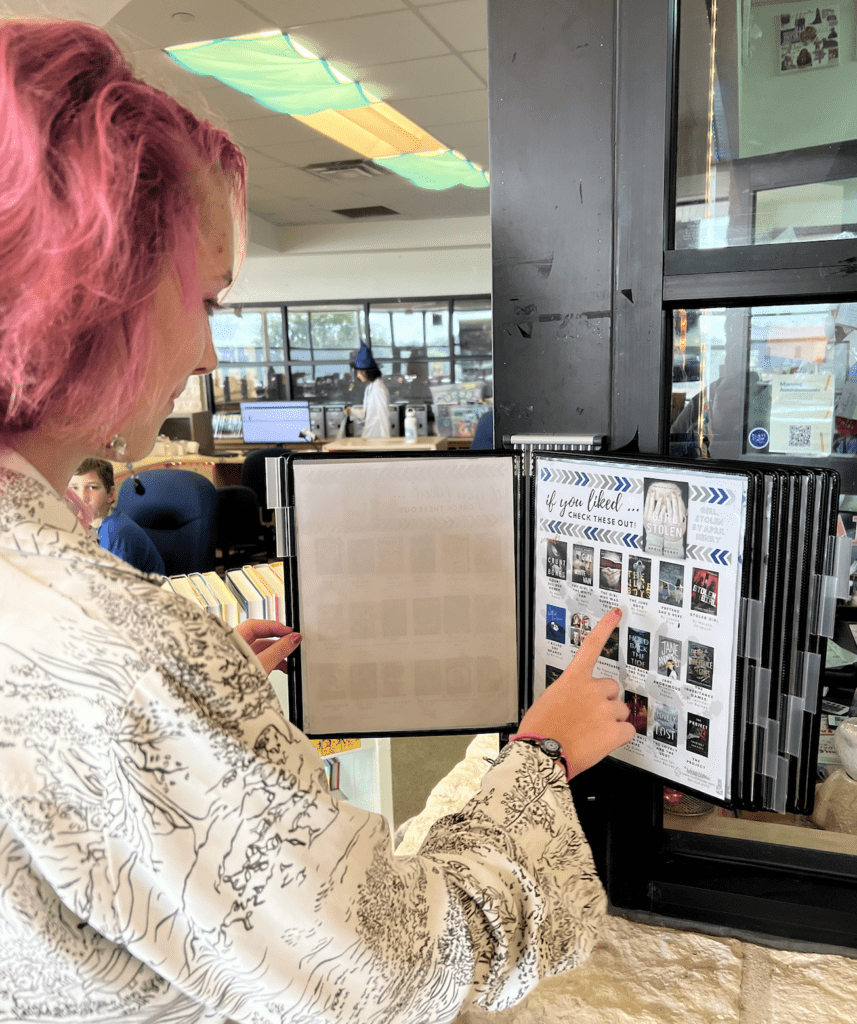
Middle school librarians often face challenges related to censorship and parental concerns. Striking a balance between providing diverse and thought-provoking literature and addressing the sensitivities of parents and the community requires diplomacy and open communication. Librarians may need to develop and implement clear selection policies, engage in community outreach, and collaborate with educators to address concerns and uphold the principles of intellectual freedom.
Middle school librarians face a myriad of challenges when purchasing young adult books, ranging from the diverse interests of their student population to book challenges to the evolving landscape of literature. Successfully navigating these issues requires a combination of adaptability, strategic planning, and a commitment to promoting literacy and fostering a love for reading among middle school students. By addressing these obstacles head-on, librarians play a pivotal role in shaping a vibrant and inclusive literary environment that enriches the educational experience of their students.
We can’t do this job alone so reach out to other librarians, particularly secondary ones who know what we go through and can help bounce ideas off one another, be a sounding board and/or a good listener. Stay on top of current trends, read articles on the subject, do your due diligence when curating your collection purchases, read literary reviews and most of all: read the books you’re putting in your library whenever possible. We’re all in this together for the love of literacy and children.
Resources:
https://www.slj.com/story/MiddleGrade-Too-Young-YA-Too-Old-Where-Are-the-Books-for-Tweens-libraries
https://knowledgequest.aasl.org/ya-to-label-or-not-to-label/
https://www.thenextgenlibrarian.com/blog/content-warnings
http://bit.ly/slucontentwarnings
Meet the author
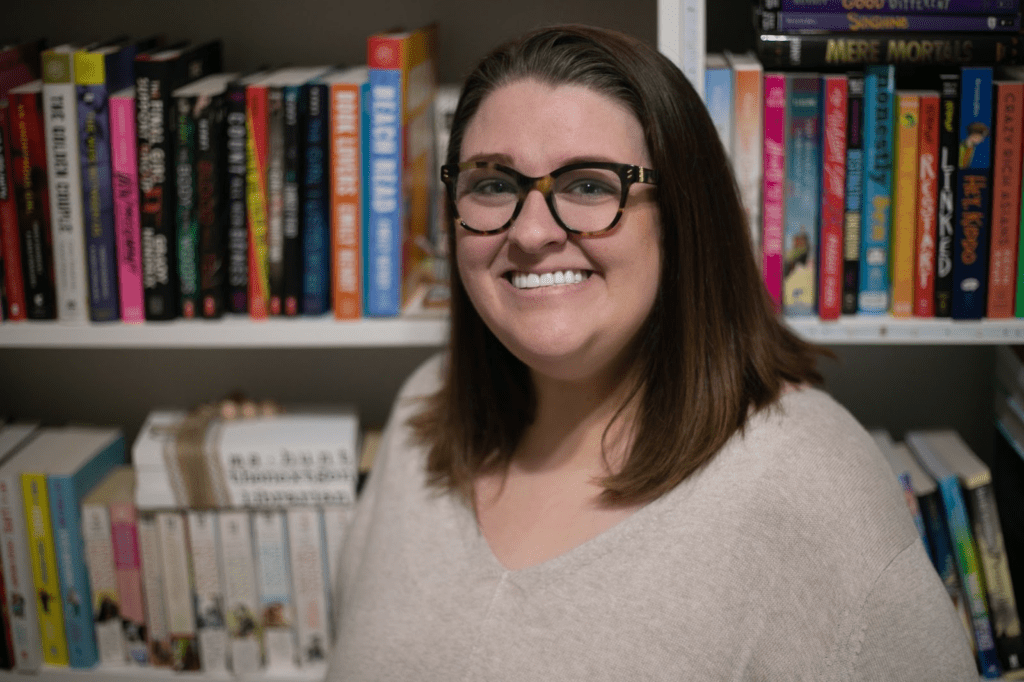
Amanda Hunt, aka TheNextGenLibrarian, is a 6th-8th middle school librarian in New Braunfels ISD and is the Secondary Lead Librarian for NBISD. She’s been a librarian for twelve years at both elementary and secondary campuses. She was the chair for the Mavericks Graphic Novel Reading List Committee for TLA from 2021-2023. She was also the chair for TxASL Talks Editorial Board and presently is the TxASL Councilor through 2024. She also serves on the Conference Planning Committee for the TLA 2024 conference. Hunt is on the Bylaws Committee for TLA and the Operating Procedures Committee member for TxASL. She is on the AASL Committee for Operating Procedures too. Amanda has been newly elected for the Cybil Award YA Speculative Reading List Committee for 2023 and the Margaret Edwards 2025 Award Committee. She was a TLA TxASL Media and Visual Presence (MVP) Honoree for 2021 and 2023, and the Branding Iron Award 2022 Winner for Digital Only Communications in a School Library. Amanda is a certified Apple Teacher and Apple Learning Coach, as well as a Google certified Trainer. She has certifications in multiple #edtech tools and is a voracious reader. Visit her linktree: http://bit.ly/biolinkthenextgenlibrarian and follow her across social media @thenextgenlibrarian
Filed under: Guest Post
About Amanda MacGregor
Amanda MacGregor works in an elementary library, loves dogs, and can be found on Twitter @CiteSomething.
ADVERTISEMENT
ADVERTISEMENT
SLJ Blog Network
Name That LEGO Book Cover! (#53)
Cover Reveal and Q&A: The One and Only Googoosh with Azadeh Westergaard
Exclusive: Vol. 2 of The Weirn Books Is Coming in October | News
Fighting Public School Book Bans with the Civil Rights Act
ADVERTISEMENT



